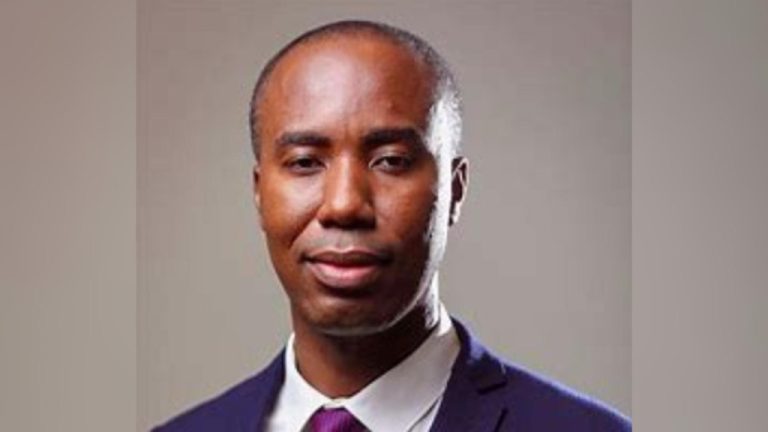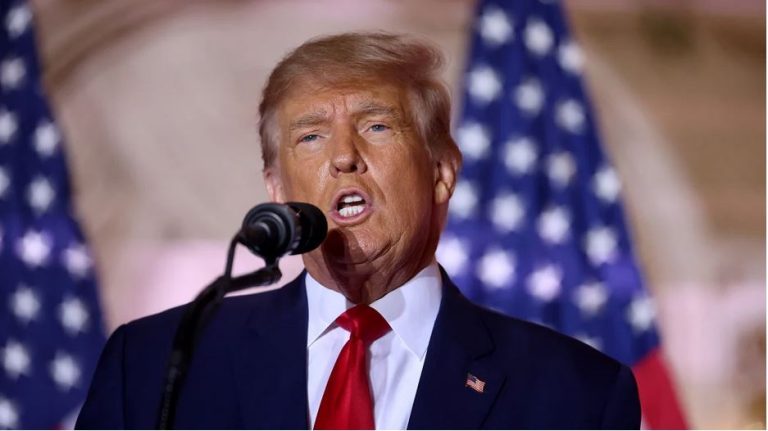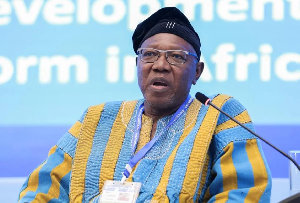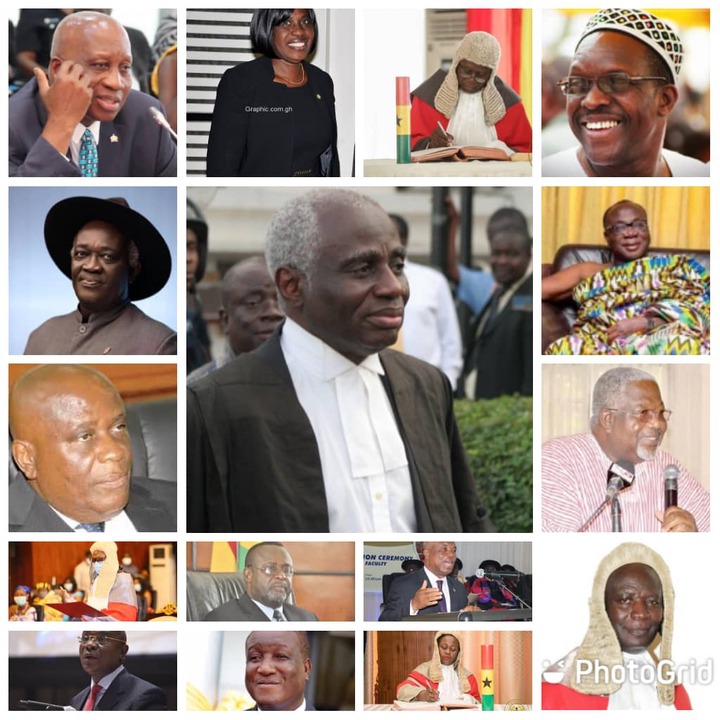
The basic aim of teaching I think is to impact the requisite knowledge and skills onto the learner to become more useful, resourceful, and fountain of blessings to the entire world, particularly one’s family or country of origin.
The moment a particular learner attains that standard, a great joy and fulfilment consumes the teacher who championed such course.
This then sends a motivating signal to others who fall short in that exercise to do their homework well, and join the forever team of excellence consciousness.
However, this does not limit the teacher to always remain shortsighted in his or her career but to make a conscious effort to continuously upgrade him or herself to thrive usefully in the ever-changing and increasingly competitive world.
At the heart of this discussion is a renowned personality, Lawyer Tsatsu Tsikata.
Both the print and digital media seem to be more familiar with this personality due to how well he has branded and shaped himself throughout his career journey.
He is one of the rare lecturers whose students have climbed so high in the legal and political professions.
Undoubtedly, although God is the overall point of reference for all these achievements, at least credit should be given whom it’s due. And I think Ghanaians have not failed in that regard.
Those who know and are very much aware of his intellectual prowess and impact on the Ghanaian legal profession continue to accord him the necessary respect, recognition and accolades.
Meanwhile, some also argue that if care is not taken, a strong wave of complacency might consume him along the way.
Follow me carefully and let’s explore some key Personalities in the Fields of Politics and Law who were taught by this Genius Lawyer.
Political Personalities
1. Joe Ghartey
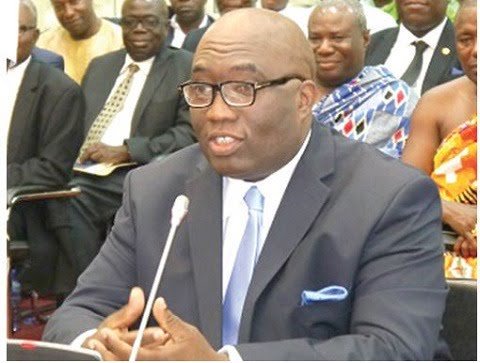
Born on June 15, 1961 to Mr. Joseph Ghartey and Mrs. Lauraine Ghartey in Accra, Ghana, Joe Ghartey had his secondary education at Mfantsipim School before proceeding to the University of Ghana, Legon for his Bachelor of Law Degree in 1986.
It is during this period he met his great lecturer, Tsatsu Tsikata, Esq.
Joe then furthered his studies at the Ghana School of Law, where he received his Barrister-at-Law certificate, and was called to the Ghana Bar in 1988.
He served as the 19th Attorney-General and Minisiter for Justice of Ghana (from 2006 to 2009), and currently serves as the Member of Parliament for the Essikado-Ketan Constituency, Western Region, Ghana.
2. Edward Korbly Doe Adjaho
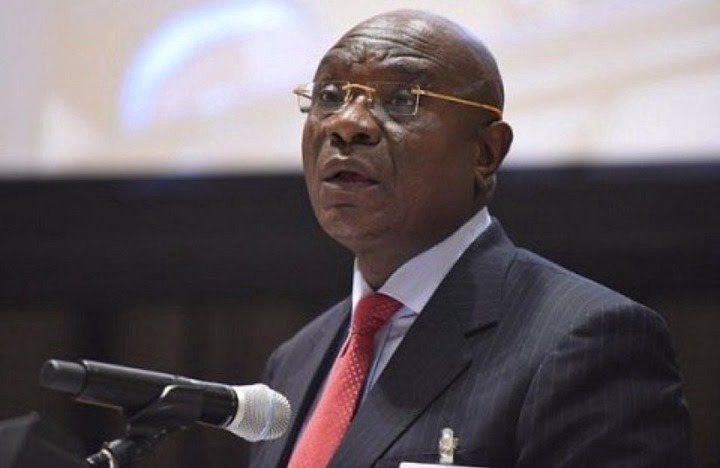
Born on January 3, 1957 in Ghana, Doe Adjaho is happily married, and blessed with four lovely children.
He had secondary education at Accra Academy, and further gained admission into the University of Ghana, Legon, where he graduated with Bachelor of Law Degree in 1984.
In 1986, Adjaho proceeded to the Ghana School of Law, where he obtained his Barrister-at-Law certificate, and was additionally called to the Ghana Bar.
Doe Adjaho served as the 5th Speaker of Parliament of the Fourth Republic of Ghana.
3. Frederick Worsemao Armah Blay
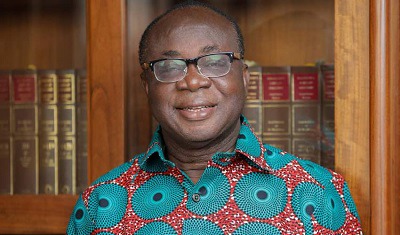
Born in 1951 in Ghana, Freddie Blay popularly called obtained his Ordinary Level Certificate and Advanced Level Certificate from Adisadel College, Cape Coast, Ghana.
He further gained admission into the University of Ghana, Legon, where he graduated with a Bachelor of Law Degree.
Blay formerly served as the Chairman of the Ghana National Petroleum Corporation, and currently serves as a Senior Partner at Blay and Associates as well as the Board Chairman and Majority Stakeholder of Western Publications Limited, Business Guide and News-One.
4. Alban Sumana Kingsford Bagbin
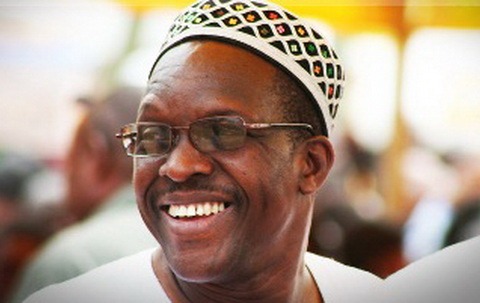
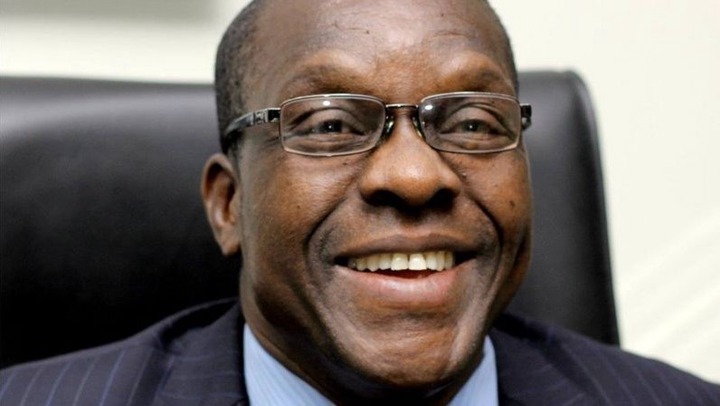
Born on September 24, 1957 to Mr. Sansuni Bagbin and Mrs. Margaret B. Bagbin in Ghana, Alban Bagbin obtained his Ordinary Level Certificate and Advanced Level Certificate from Wa Secondary School and Tamale Secondary School respectively.
He then proceeded to the University of Ghana, where he graduated with a Bachelor of Arts Degree in English and Law.
Bagbin furthered his studies at the Ghana School of Law, Makola, where he obtained his Barrister-at-Law certificate. And in 1982, he was called to the Ghana Ghanaian Bar.
Alban Bagbin is currently the Speaker of the 8th Parliament of the Fourth Republic.
5. Professor Kwamena Ahwoi
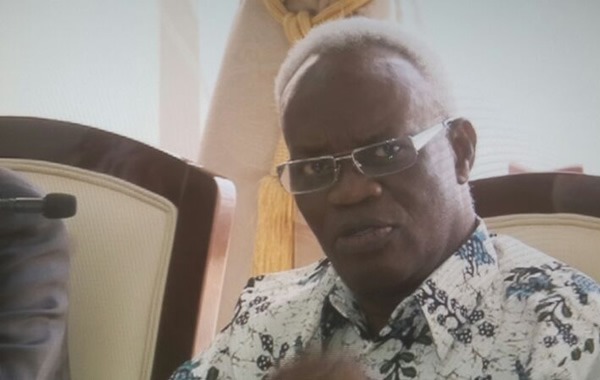
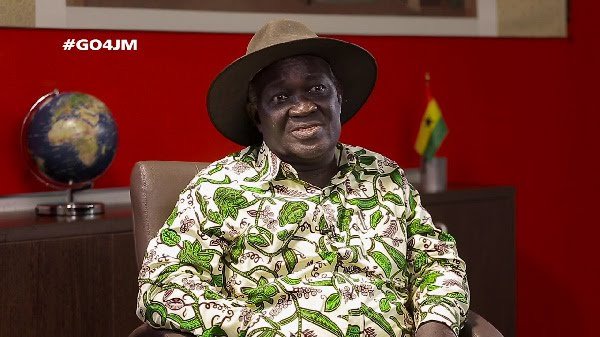
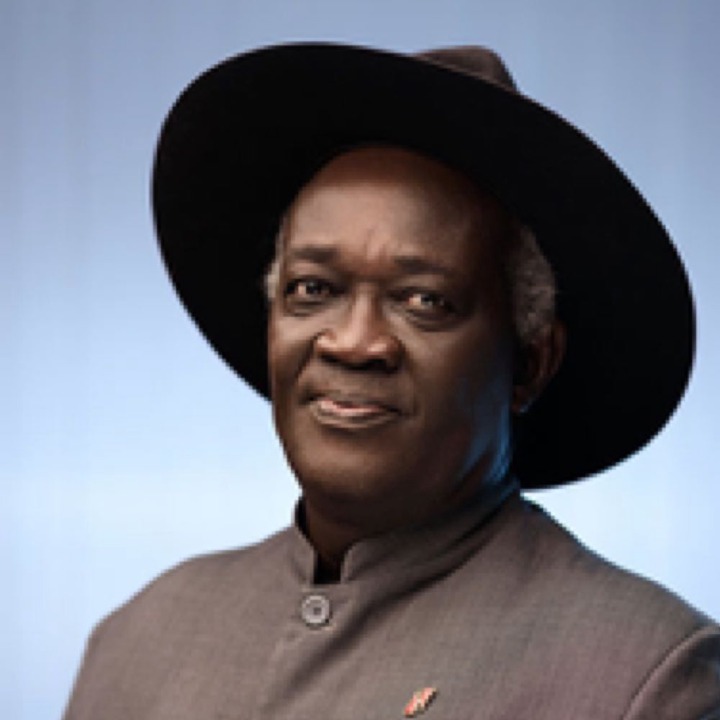 Born on October 13, 1951 at South Suntreso in Ghana’s Ashanti Region, Kwamena Ahwoi obtained his Ordinary Level Certificate and Advanced Level Certificate from Okuapemang Secondary School and Opoku Ware School respectively.
Born on October 13, 1951 at South Suntreso in Ghana’s Ashanti Region, Kwamena Ahwoi obtained his Ordinary Level Certificate and Advanced Level Certificate from Okuapemang Secondary School and Opoku Ware School respectively.
In 1971, Ahwoi gained admission into the University of Ghana to study a Bachelor’s Degree in Law.
After graduation, he was further awarded Rhodes Scholarship to study Civil Law at the University of Oxford, United Kingdom.
Professor Ahwoi served as a full-time lecturer at the University of Ghana Law Faculty for more than a decade.
He however currently serves as a professor (lecturer) at the School of Governance and Leadership, Ghana Institute of Management and Public Administration (GIMPA), Ghana.
6. Kenneth Dzirasah
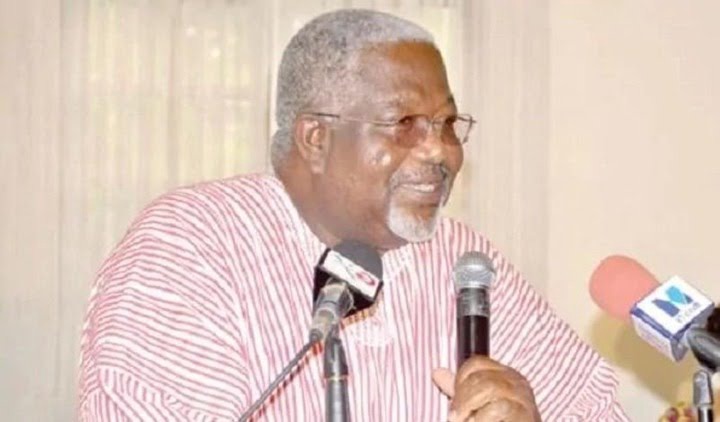
Born on January 13, 1954 in Ghana, Kenneth Dzirasah served as the Chairman of the Ghana Refugee Board in 2011 as well as the First Deputy Speaker and Second Deputy Speaker of the 3rd and 4th Parliaments of the Fourth Republic respectively.
He obtained his Bachelor of Law Degree from the University of Ghana, Legon.
Dzirasah then continued his studies at the Ghana School of Law, where he obtained his Barrister-at-Law certificate. He was then called to the Ghana Bar.
Top Legal Personalities
1. Justice Jones Victor Mawulom Dotse
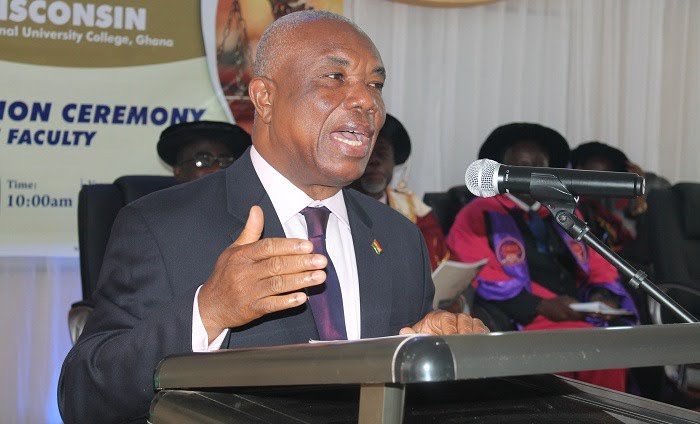
The renowned judge had his secondary education at Ghana’s prestigious Accra Academy.
Dotse then proceeded to the University of Ghana, Legon, where he graduated with a Bachelor’s Degree in Law in 1976.
He then furthered his studies at the Ghana School of Law, where he was awarded a Barrister-at-Law certificate. And in 1978, he was called to the Ghana Bar.
He is currently a The Gambian Supreme Court Judge as well as the Chairman of the University Council of the University of Health and Allied Sciences, Ho, Volta Region, Ghana.
2. Justice Nasiru Sulemana Gbadegbe
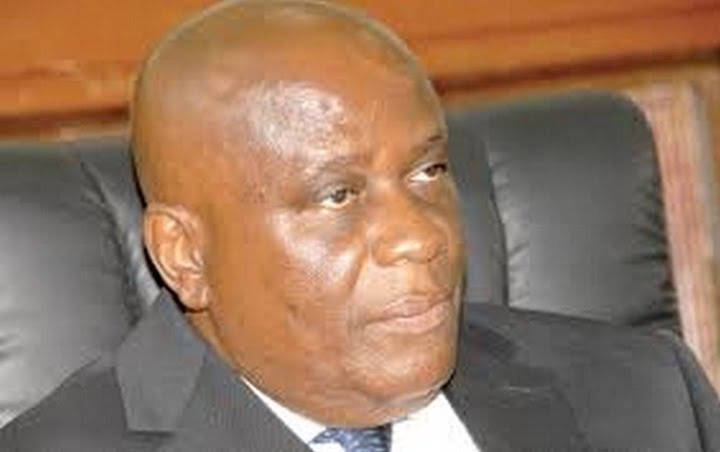
Born on December 8, 1950 in Ghana, Nasiru Sulemana Gbadegbe is considered as one of the longest-serving legal experts in the country, with more than three decades experience in the Judicial Service.
Gbadegbe obtained his Bachelor of Law Degree from the University of Ghana, Legon in 1973.
He then proceeded to the Ghana School of Law, where he obtained his Qualifying Certificate in Law in 1975; and was additionally called to the Ghana Bar.
3. Justice Samuel Marful-Sau
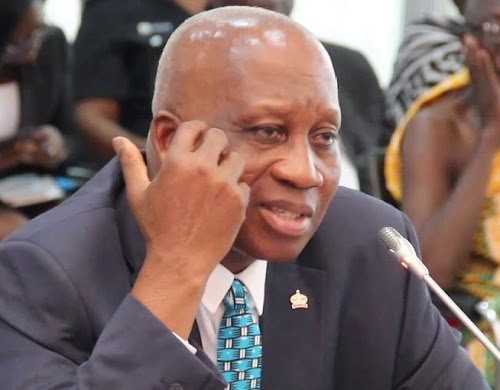
Born on February 3, 1957 in Assin Adubiase in Ghana’s Central Region, Samuel Marful-Sau obtained his Ordinary Level Certificate and Advanced Level Certificate from Breman Asikuma Secondary School and Navrongo Secondary School respectively.
He further obtained his Bachelor of Law Degree from the University of Ghana, Legon.
Marful-Sau is currently a judge of the Supreme Court of Ghana.
4. Justice Paul Kwadwo Baffoe- Bonnie
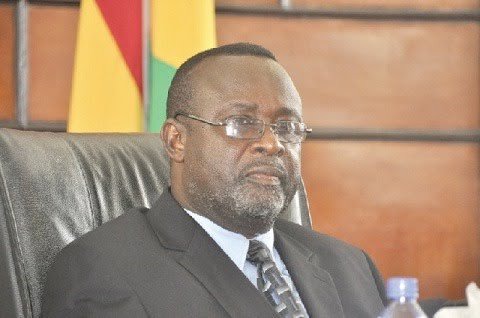
Born at Goase-Mempeasem, Ghana to Opanyin Baffoe-Bonnie and Ama Kyerewaa, Paul Baffoe-Bonnie obtained both his Ordinary Level Certificate and Advanced Level Certificate from Konongo Odumase Secondary School.
He further gained admission into the University of Ghana, Legon, where he graduated with a Bachelor’s Degree in Law.
He then continued his studies at the Ghana School of Law, where he was awarded a Barrister-at-Law certificate. And in 1981, Baffoe-Bonnie was called to the Ghanaian Bar.
He is a former Judge of the Supreme Court.
5. Justice Gertrude Torkornoo
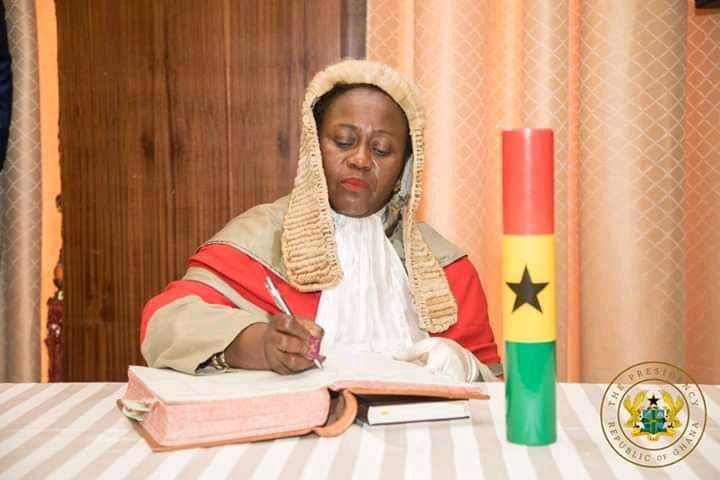
Gertrude Torkornoo obtained her Ordinary Level Certificate and Advanced Level Certificate from Wesley Girls’ High School and Achimota School respectively.
She gained proceeded to the University of Ghana Law School, where she graduated with a Bachelor’s Degree in Law.
Torkornoo is a Faculty Member of the Governing Board of the Judicial Training Institute, Ghana as well as a Judge of Ghana’s Apex Court.
6. Justice Clemence Jackson Honyenuga
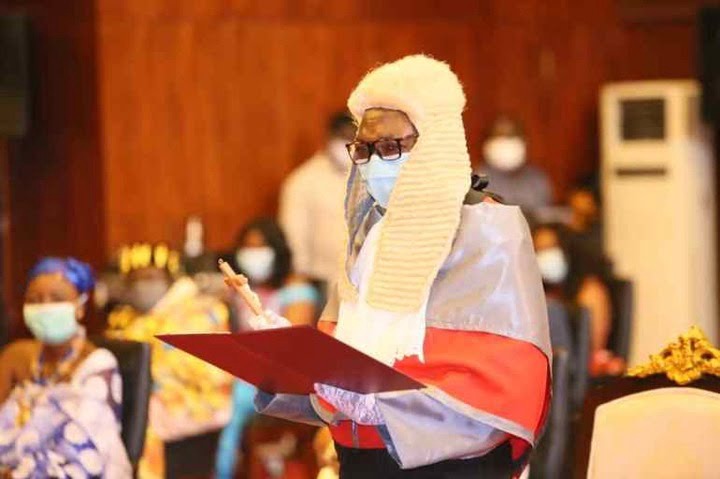
Clemence Honyenuga obtained his Bachelor of Law Degree from the University of Ghana, Legon.
Currently, he is the Paramount Chief of the Nyagbo Traditional Area, Volta Region as well as a Judge of Ghana’s Apex Court.
7. Justice Mariama Owusu

Mariama Owusu obtained her Sixth Form education from T.I Ahmadiyya Secondary School, Kumasi, Ashanti Region, Ghana.
She then gained admission into the University of Ghana, Legon to pursue a Bachelor of Law Degree.
Currently, Owusu is a Judge of Ghana’s Supreme Court. She was also part of the seven-member panel who presided over the 2020 Election Petition.
8. Justice Nene Abayateye Ofoe Amegatcher
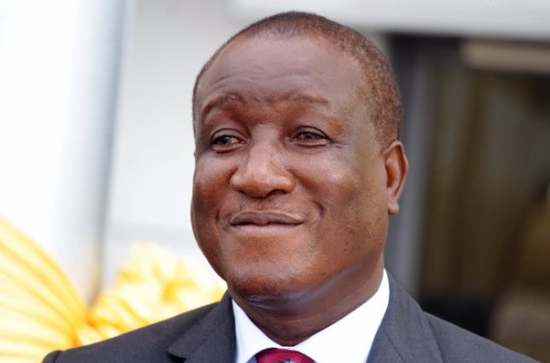
Amegatcher is an Adjunct Professor at the Ghana School of Law as well as the Chairman of the African Regional Hub of Commonwealth Lawyers Association.
After failing his Government, Economics and Mathematics papers at Presbyterian Boys’Secondary School, Legon, while pursuing his Ordinary Level Education, he later rewrote those papers at the Accra Workers’ College.
He then joined Apam Secondary School, Central Region, Ghana for his Advanced Level Certificate.
Nene is currently a Judge of Ghana’s Apex Court.
He was also a member of the panel that presided over the 2020 Election Petition.
9. Justice Julius Ansah
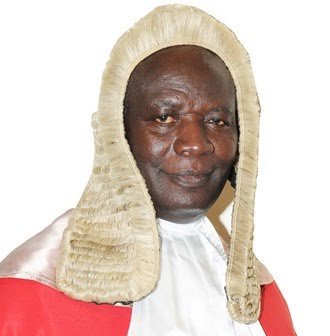
Born in 1950 in Ghana, Julius Ansah obtained his Ordinary Level Certificate and Advanced Level Certificate from Ofori Panin Senior High School and Prempeh College respectively.
He further obtained a Bachelor of Law Degree from the University of Ghana, Legon.
Ansah served as a Supreme Court Judge (from 2004 to 2020) and an Acting Chief Justice of Ghana (from December 2019 to January 2020).
10. Justice Yaw Appau
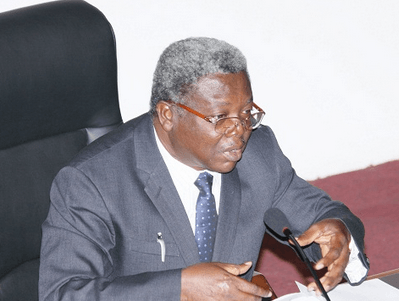
Born on August 2, 1951 in Ghana, Yaw Appau obtained both his Ordinary Level Certificate and Advanced Level Certificate as a private candidate due to financial difficulties he encountered initially at the Prempeh College.
After dropping out, he then joined the the Ajumako Teacher Training College for Teachers’Certificate ‘A’.
Appau further gained admission into the University of Ghana, Legon, where he graduated with a Bachelor’s Degree in Law.
He has since 2015 served as a judge of Ghana’s Apex Court.
11. Justice Kwasi Anin-Yeboah
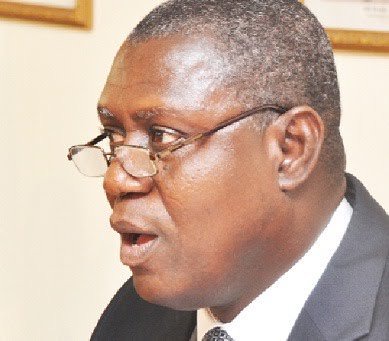
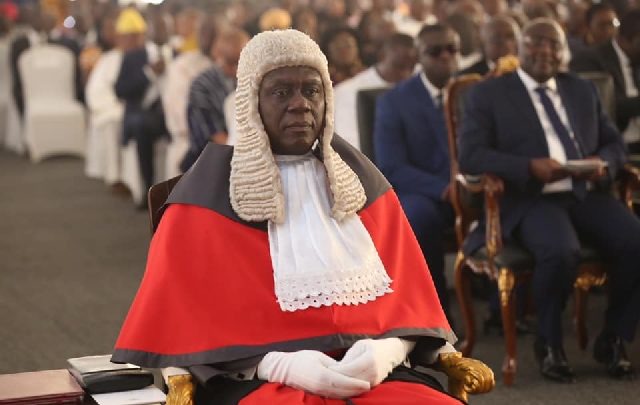
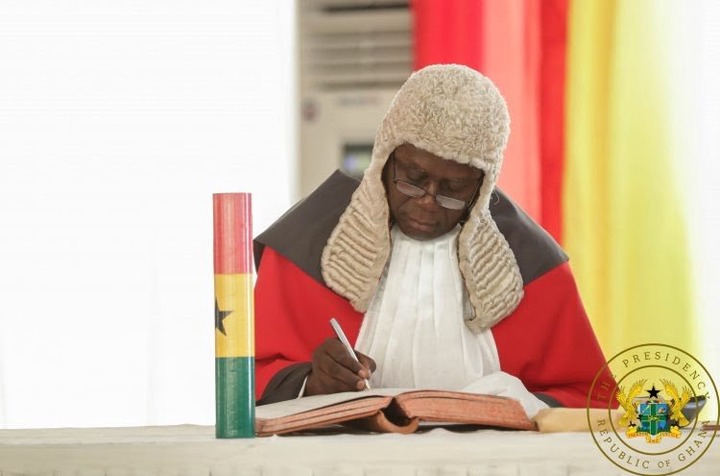
Born in May 1953 in Toase in Ghana’s Ashanti Region, Anin-Yeboah obtained his Ordinary Level Certificate and Advanced Level Certificate from Amaniampong Secondary School and Apam Secondary School respectively.
Kwasi Anin-Yeboah currently serves as the Chief Justice of the Fourth Republic of Ghana.
12. Justice Emmanuel Nii Ashie Kotey
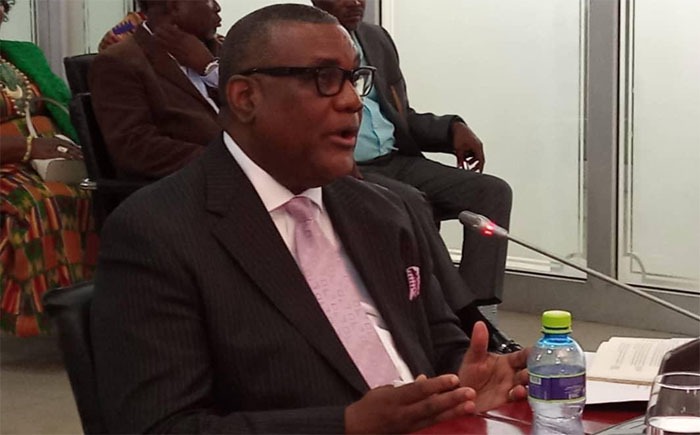
Emmanuel Kotey obtained his Ordinary Level Certificate in 1971 and Advanced Level Certificate in 1973 from St. Thomas Acquinas Senior High School and Apam Secondary School respectively.
He further gained admission into the University of Ghana, Legon, where he graduated with a Bachelor’s Degree in Law.
Kotey is currently a Judge of Ghana’s Apex Court.
Source: Ghana’sthirdeye’s independent research/Wikipedia.

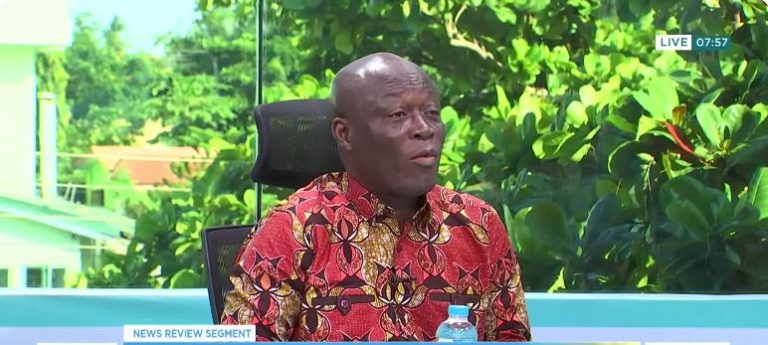

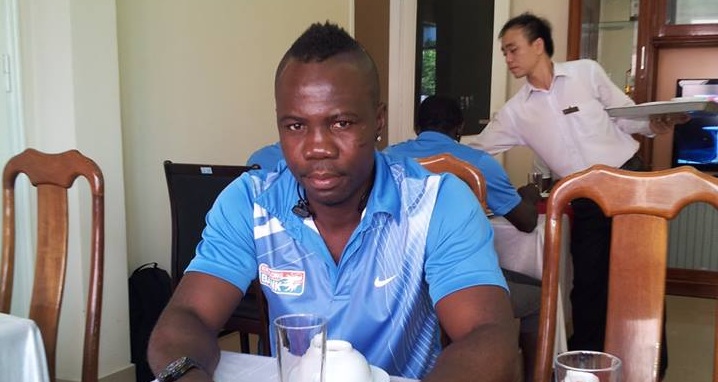
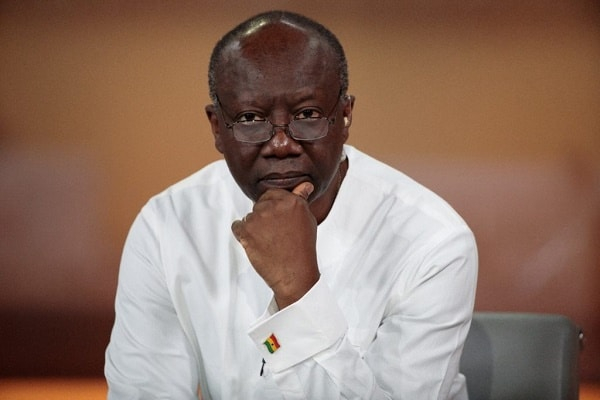








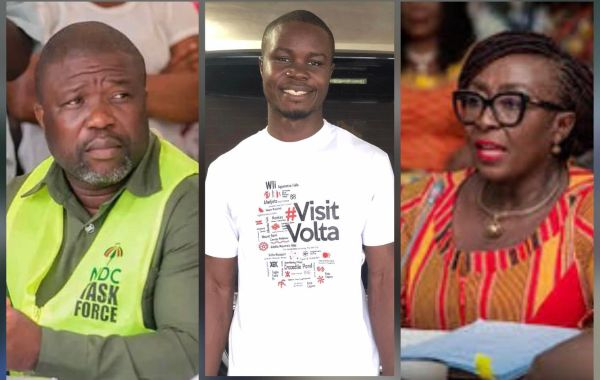
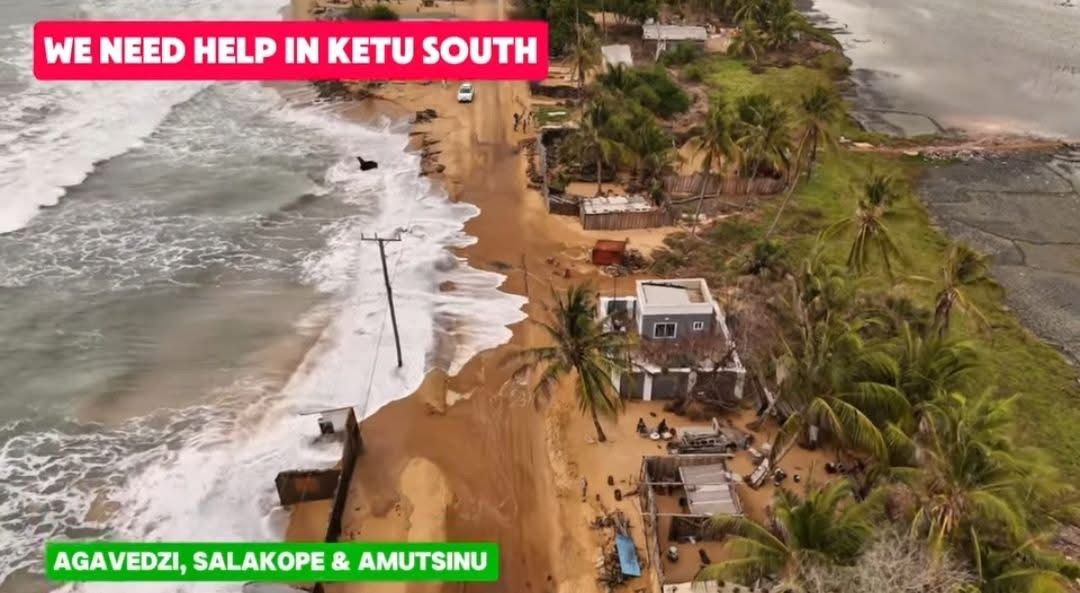
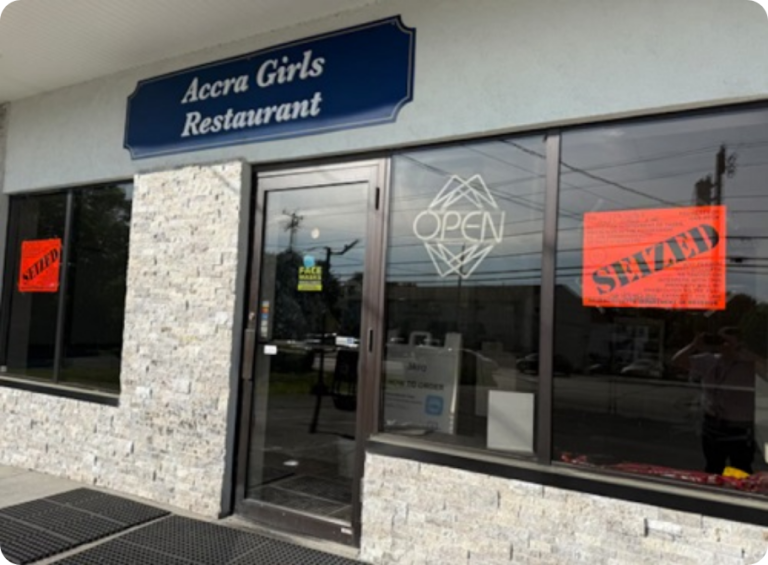

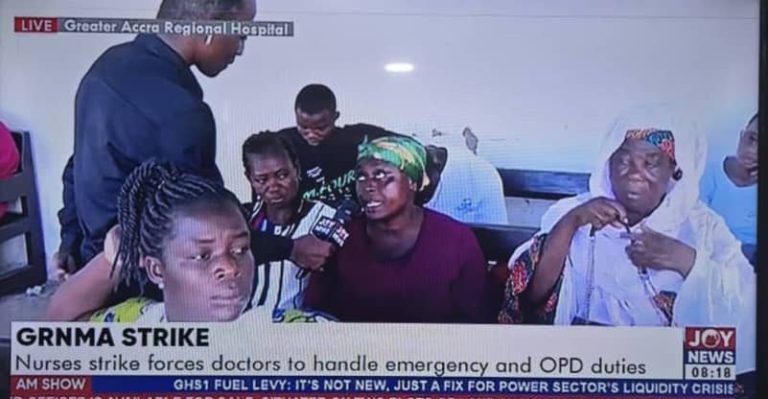
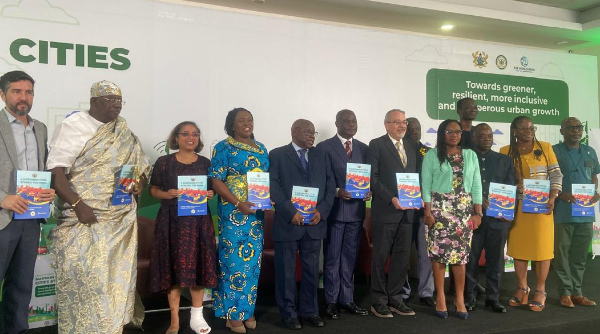
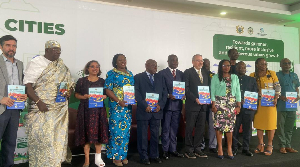

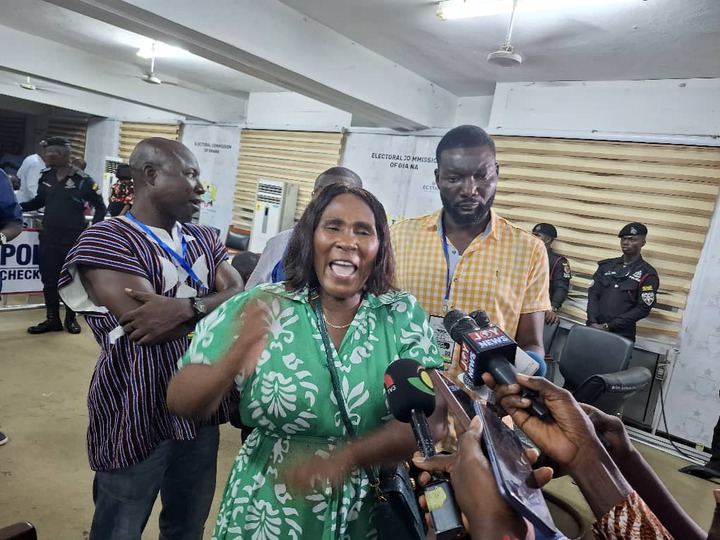

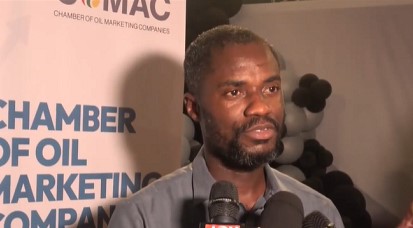


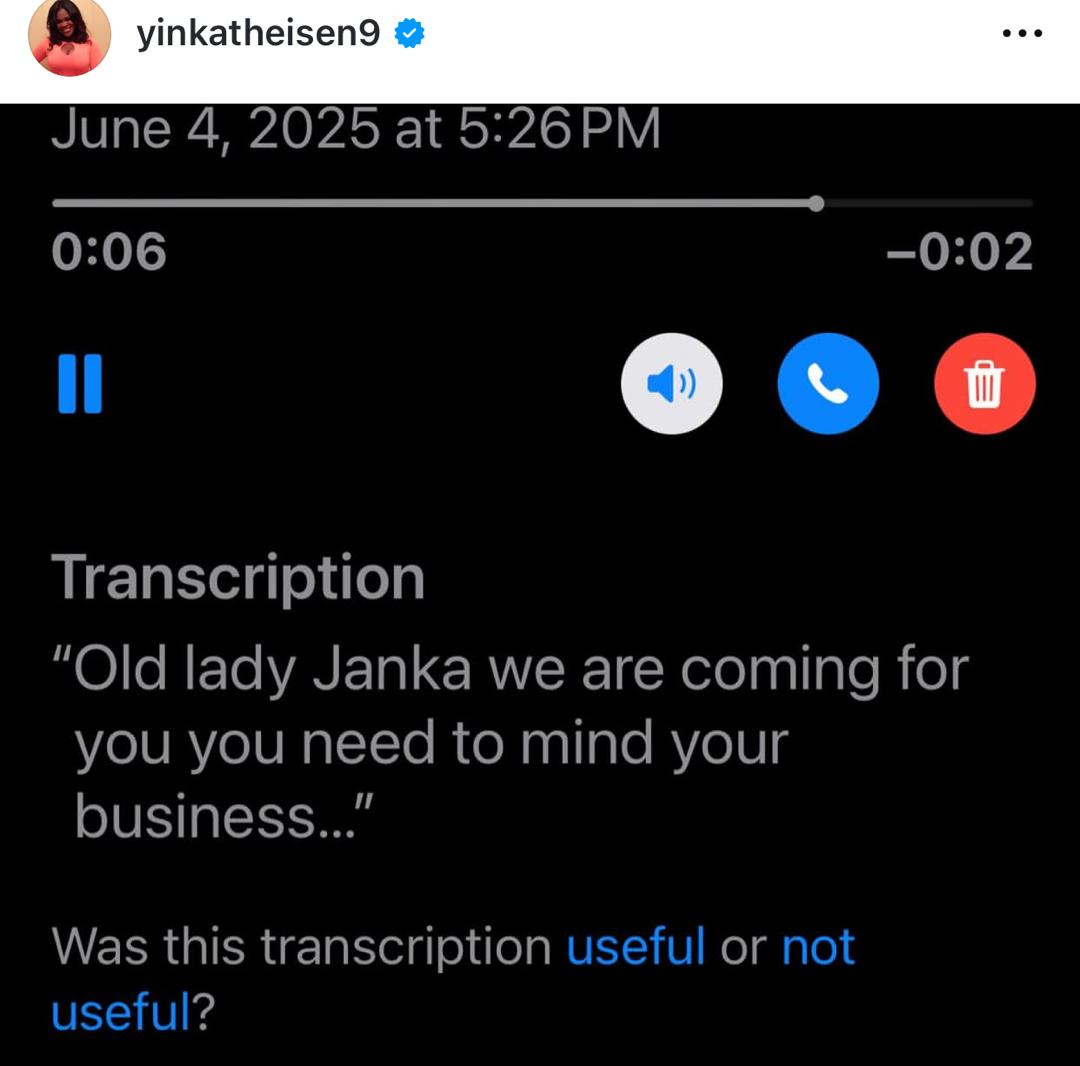
_1749105382.jpeg)

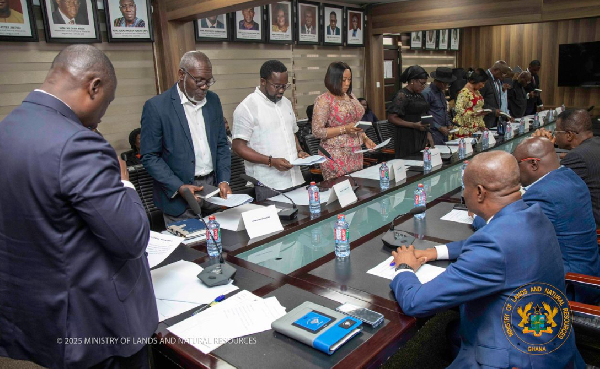
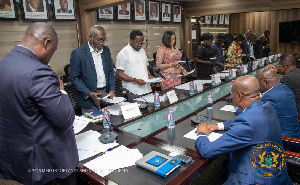
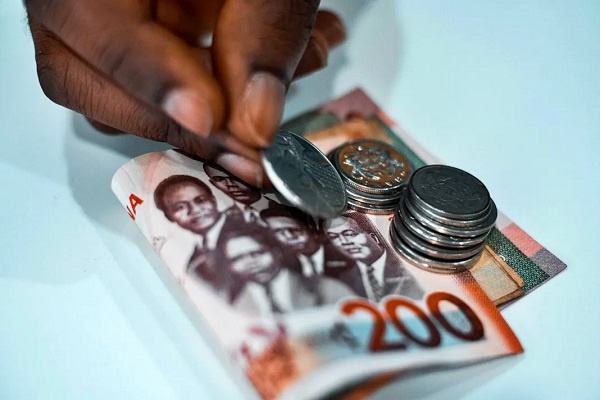
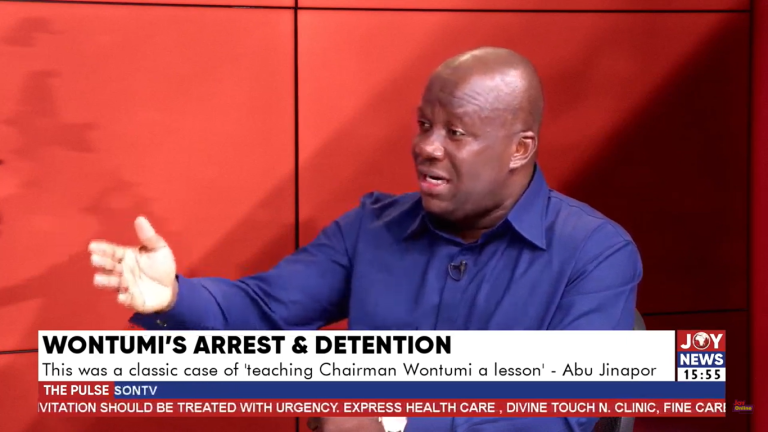
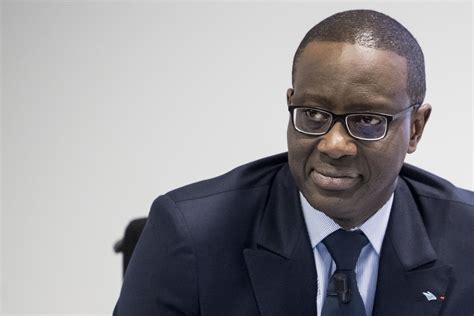
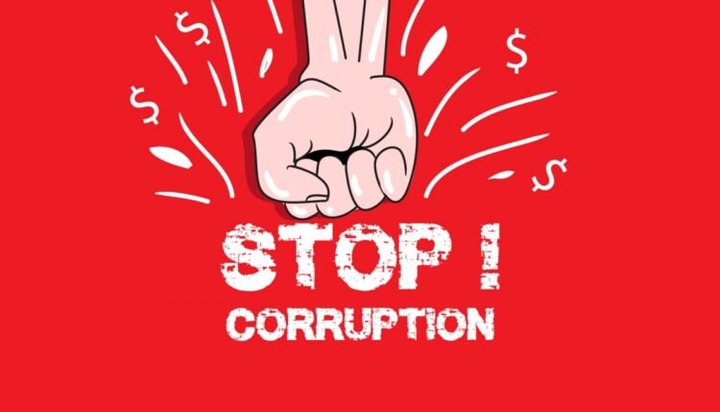
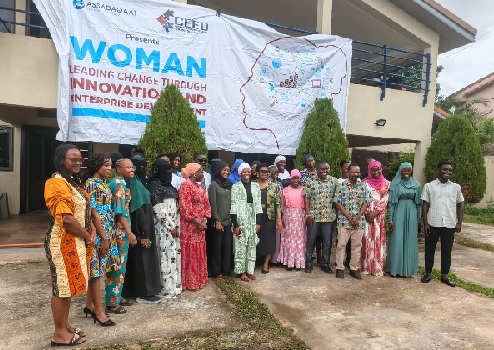



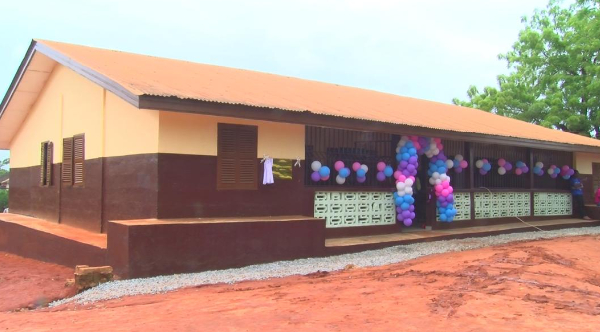
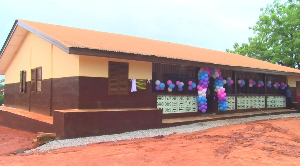
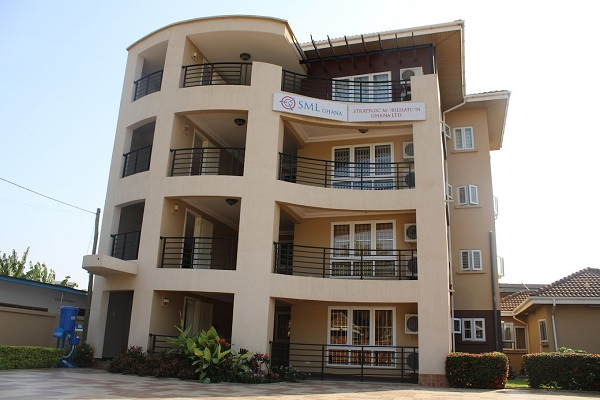



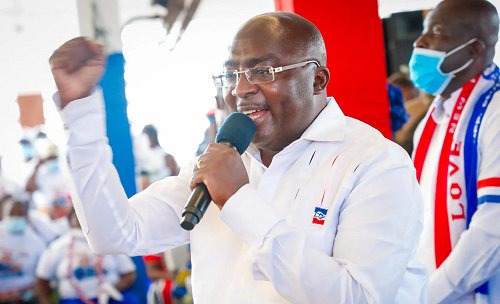

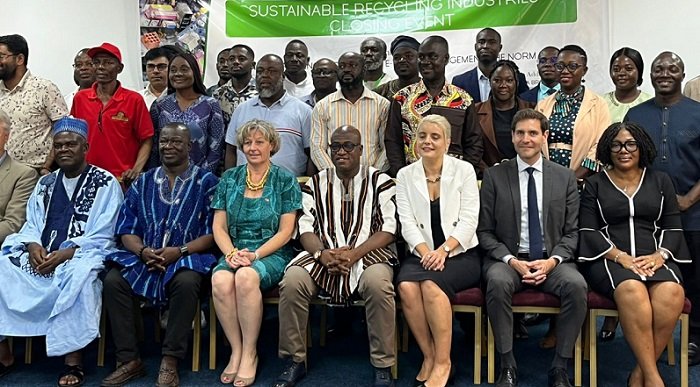


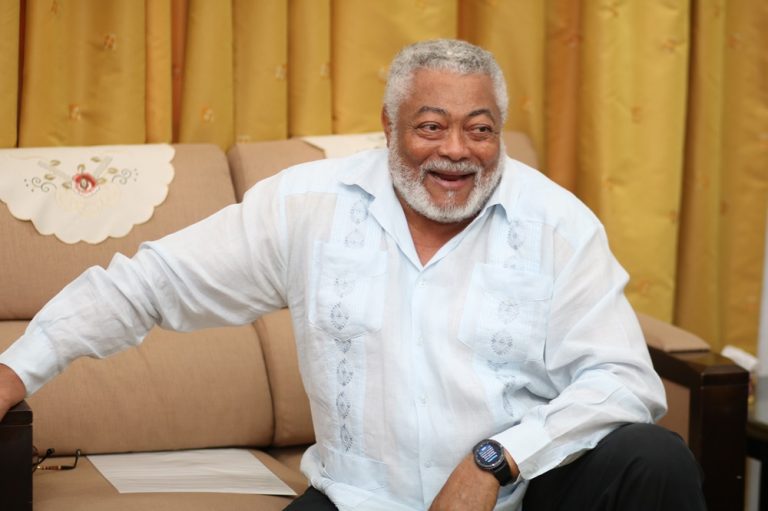

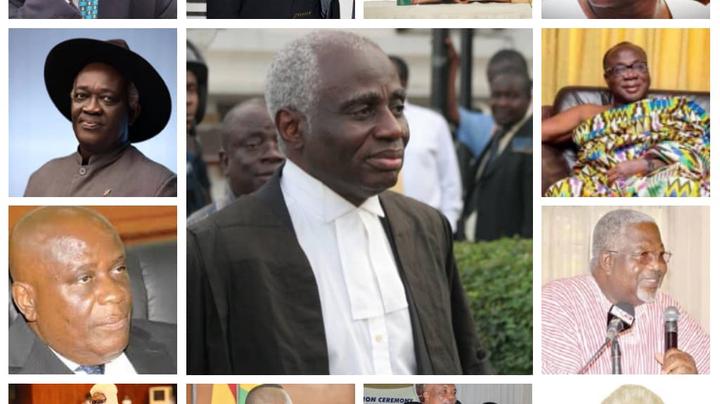
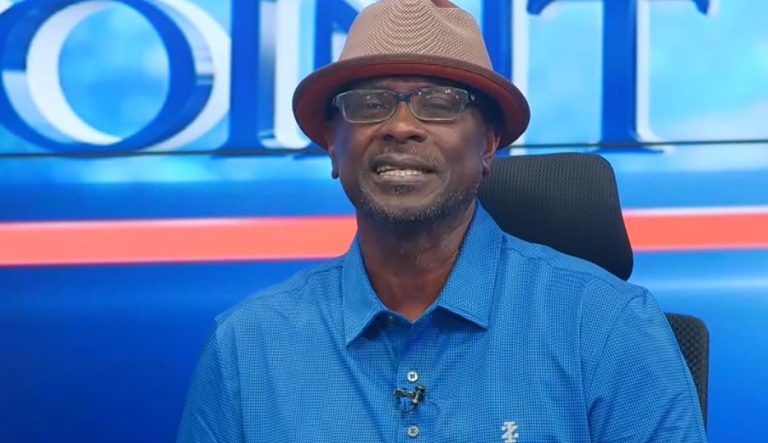
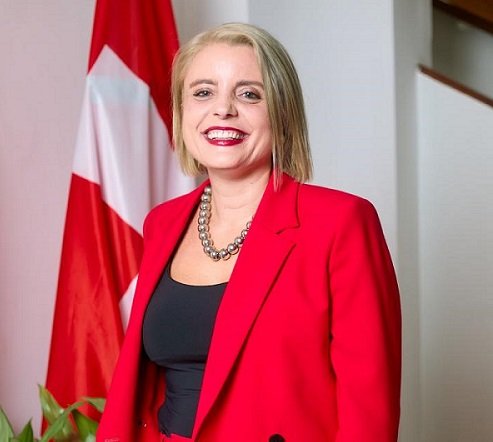

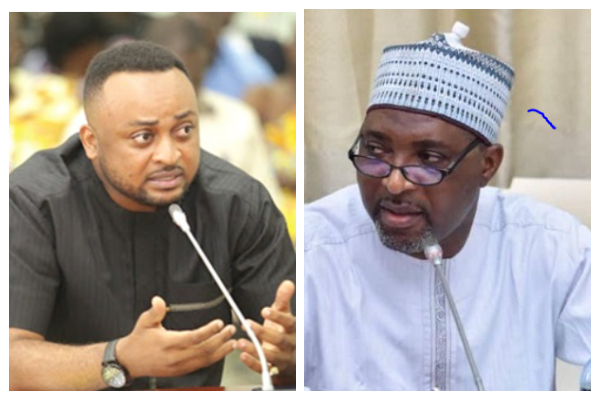
![Vincent Ekow Assafuah [L] and Mohammed Muntaka Mubarak Vincent Ekow Assafuah [L] and Mohammed Muntaka Mubarak](https://cdn.ghanaweb.com/imagelib/pics/930/93033197.295.jpg)




